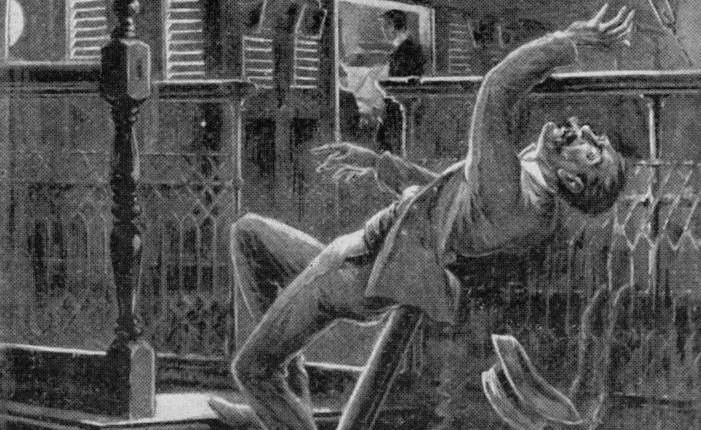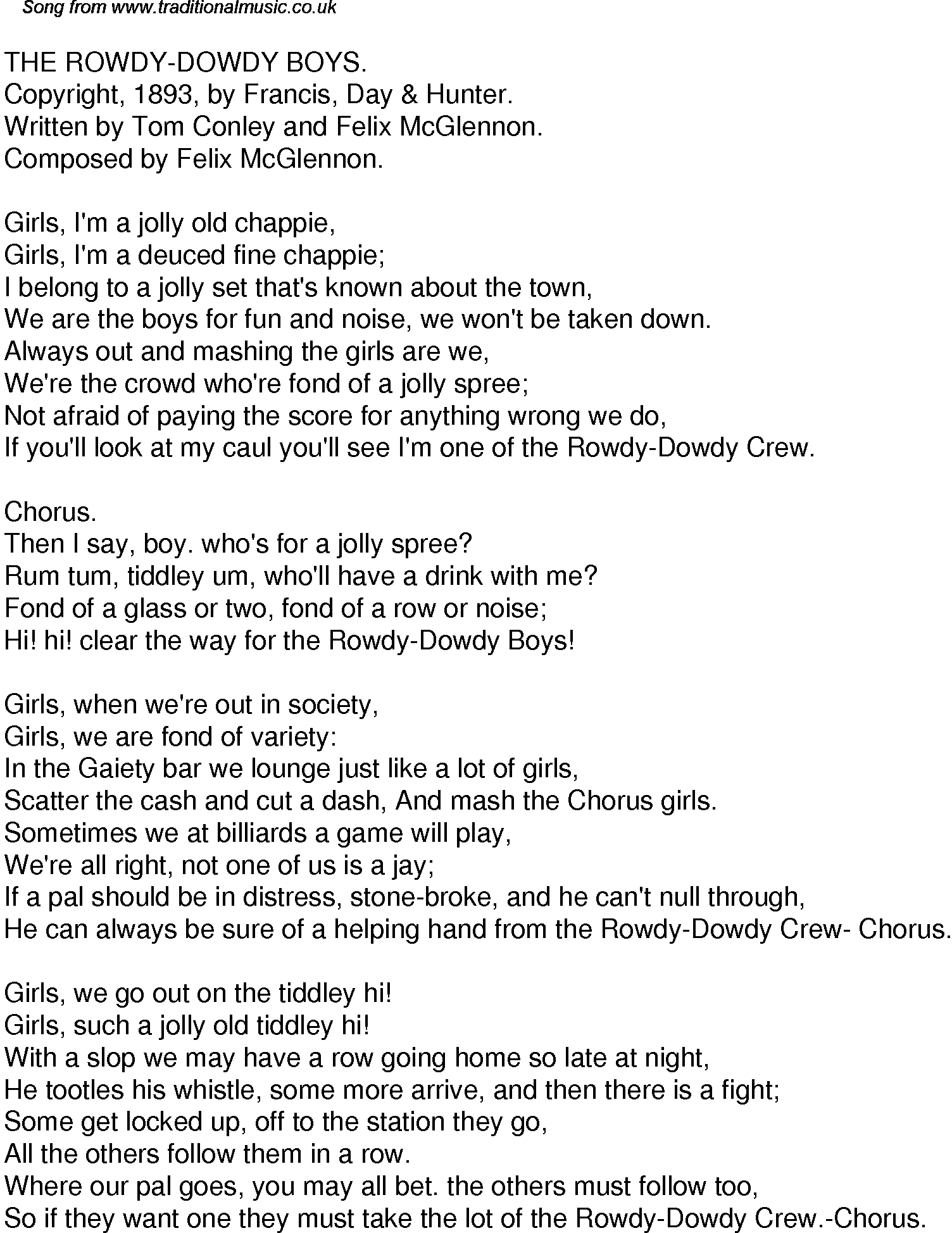Copyright 2021 by Gary L. Pullman
Deceptively simple, Sir Winston Churchill's 1899 short story “Man Overboard: An Episode of the Red Sea” is a true work of art. The story's technique is superb, highlighting the human condition through juxtapositions of pairs of contrasting extremes—comfort and misery, safety and danger, camaraderie and loneliness, accommodation and abandonment, security and vulnerability, hope and despair, joy and horror, civilization and nature, music and silence, light and darkness, ignorance and revelation—as a means of evoking the plight of humans as beings whose existence straddles two worlds, the natural and the spiritual, and who are as much out of water, as it were, in one as in the other.
The story opens in media res, presenting readers with an anonymous passenger aboard a mail steamer that is making its way through the Red Sea. After stepping outside the hot confines of the steamer's companion-house, where a concert is underway, the protagonist, listening to a raucous song, “The Rowdy Dowdy Boys,” seems in good spirits as he remembers “the brilliant and busy streets” he used to frequent years ago, perhaps in his younger, carefree days. His reverie is broken when the rail against which he leans, not having been tightly fastened to the ship, breaks, sending him plummeting into the sea.
A moment before, all was well; all was right with the world. He was safe, among the ship's passengers and crew, aboard a steamer which might be taken as a symbol of the human civilization of which the man overboard is a member. Civilization, as represented by the steamer, however, is not an infallible hedge against nature. Swept overboard, swept away from civilization and humanity, on his own in the sea, the nameless protagonist is alone, helpless, and vulnerable.
Irony is repeated throughout the story, at first stressing the difference between civilization, as it is encapsulated by the steamer, and nature, as it is represented by the sea. Aboard the steamer, there is an “accommodation-ladder”; there is a “companion-house”; there is a “concert”; there is a gathering of fellow “passengers”; such accommodations are not offered by the sea. In the ocean, there is only darkness, silence, and loneliness. The progress of the steamer highlights the gulf between civilization and nature, as the vessel puts more and more distance between itself and the man overboard. The steamer becomes less and less distinct and less and less significant, as the sea becomes the protagonist's sole and entire world—an alien and inhospitable world that exhausts him, causes him to despair, and leaves him, literally, without a prayer.
Left to his own devices, the man overboard soon realizes that he is no match for nature. The camaraderie of his fellow men is replaced by the indifference of nature. As the ship “dwindles” in the distance, its light is all but extinguished, and the protagonist is left alone in the darkness of the immense sea, a predicament in which neither shouting, swimming, praying, nor cursing avails anything. He is—and understands that he has been—“abandoned”; that he is alone; that he cannot survive; that he is helpless. He can do nothing, he realizes, and the discovery makes his brain reel. There is but one thing he can do: appeal to a power beyond nature, its Creator, for assistance, for salvation. He prays, but his words are clumsy and “incoherent,” sounds of madness.
Ironically, the man overboard feels “joy and hope,” and gratitude fills his heart, as he thinks the appearance of a faint light upon the dark surface of the sea may be the steamer returning for him. However, as the light withdraws, becoming increasingly smaller, almost as if it taunts him, he realizes that the ship is not returning, that he is alone, and “despair succeeds hope,” as he grapples with the significance of the tiny pinprick of light's vanishing in the distance and the darkness of the sea. Where, in desperation, he has prayed, he now, desperate again, this time, curses, but his curses avail him no more than had his prayers. He is alone; he is abandoned. Either God has not heard his prayer or has chosen not to answer the man's petition.
He finds that he cannot summon the will even to drown himself. His only recourse is to offer another prayer, and he begs, “O God! Let me die.” Ironically, he spies the fin of a shark fifty yards from him, and, as it approaches him, the narrator concludes, “His last appeal had been heard.”
The end of the story is terrifying for either of two reasons. It may convey the horror of living, as a human being, in a world that is indifferent by nature to one's existence. Alternatively, it may suggest that, if God exists, if He hears prayers, He may answer them, if at all, in a way that is, from a human viewpoint, utterly alien to such concepts as compassion, mercy, and love. In such a case, not only is the source of nature, of life itself, unconcerned about His creation, but He is also capricious. He might fefuse to answer a prayer for death that is uttered in despair, or He might elect to respond to a plea for deliverance from the anguish of hopelessness and absurdity in a way that brings terrible and horrific violence upon the distraught petitioner.















